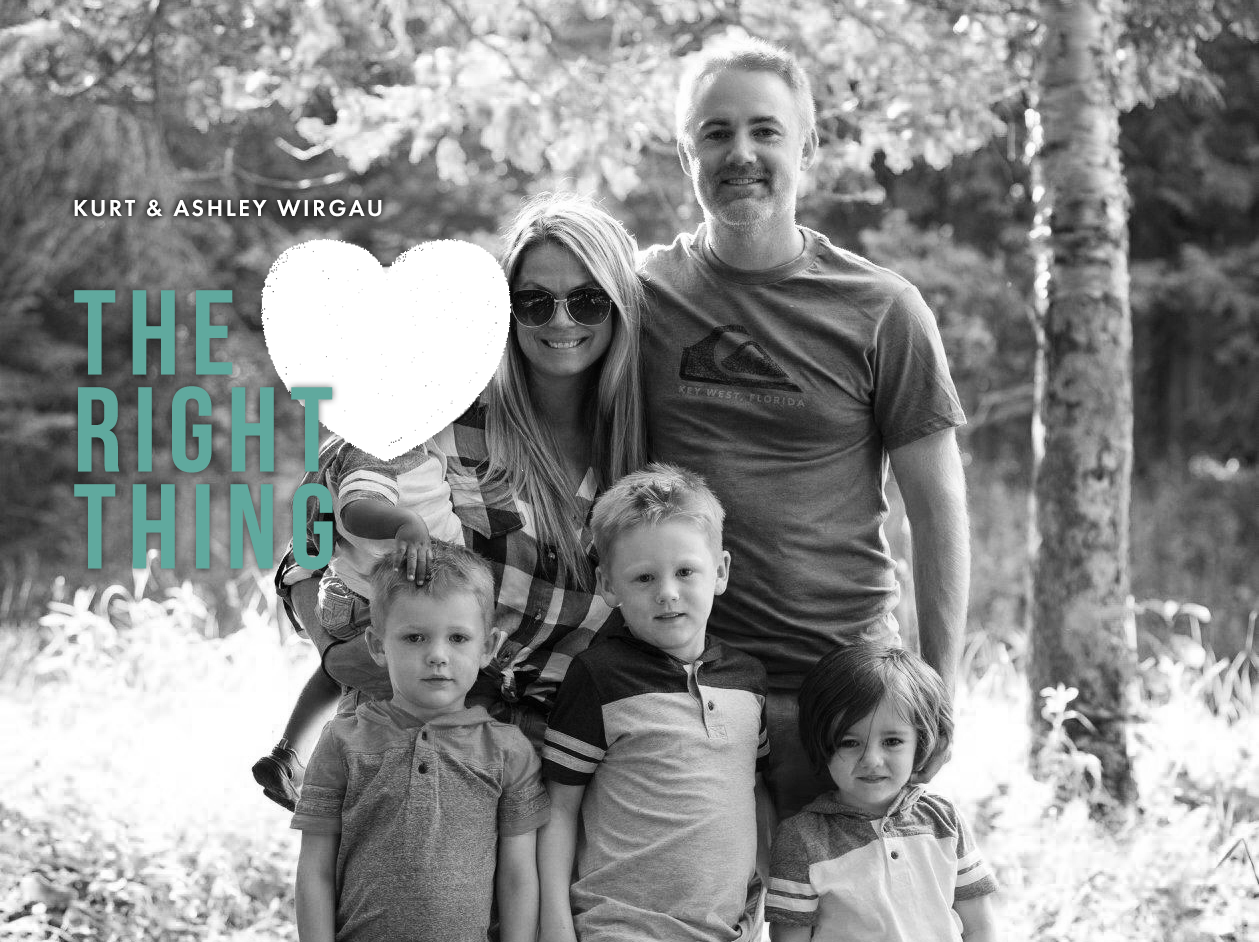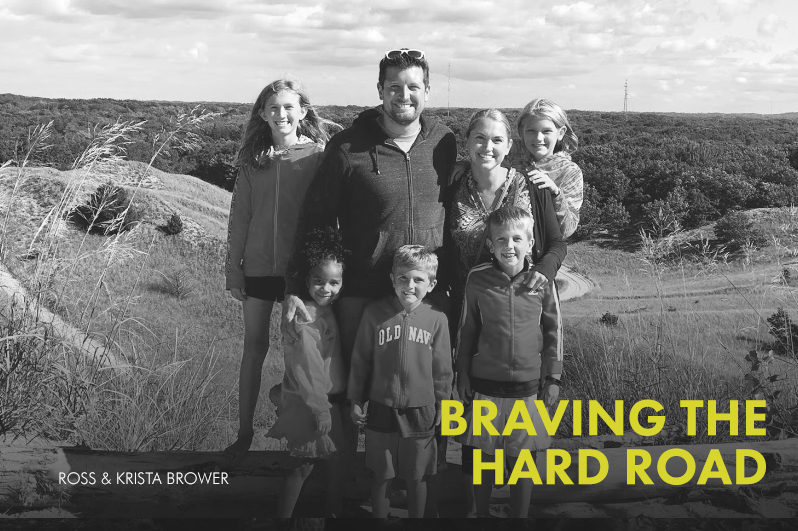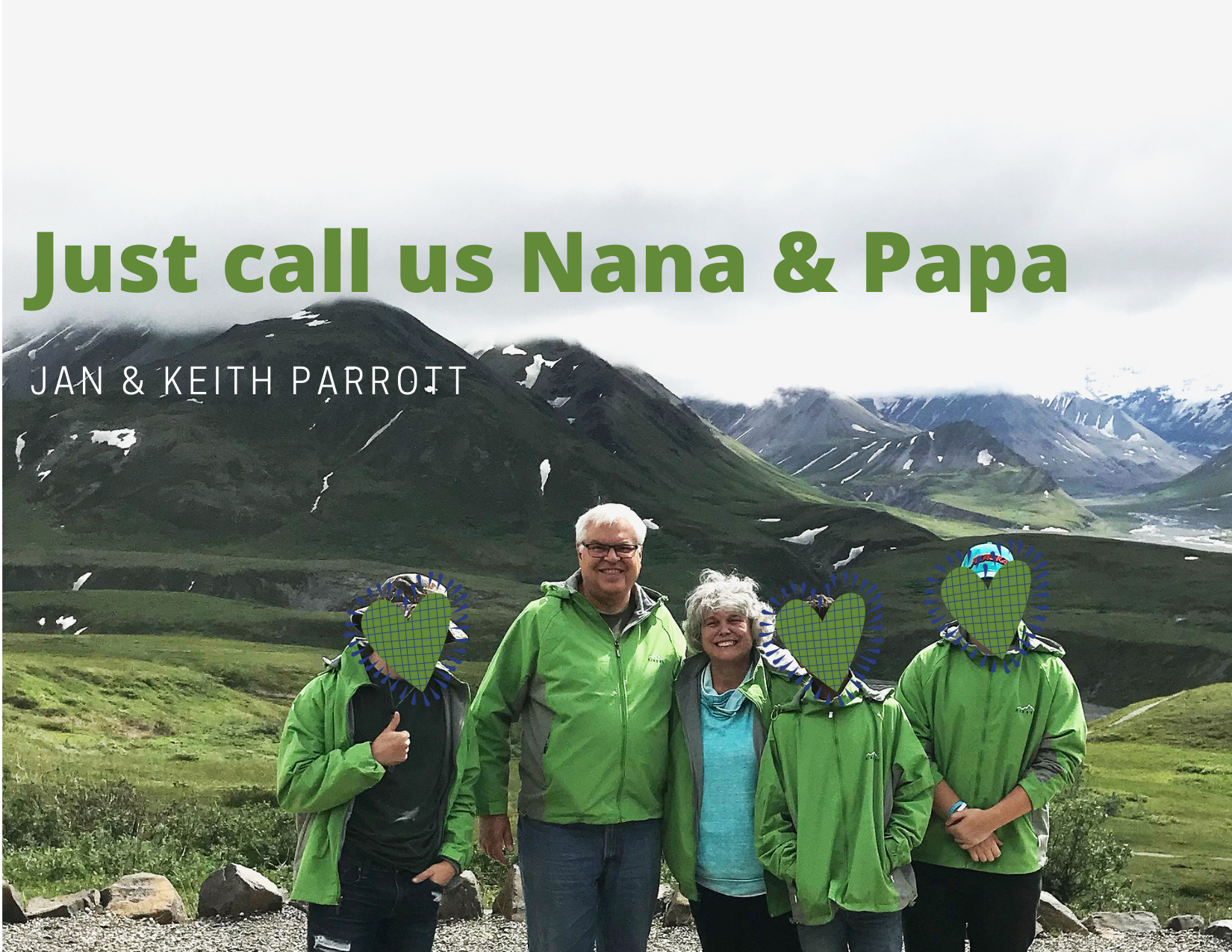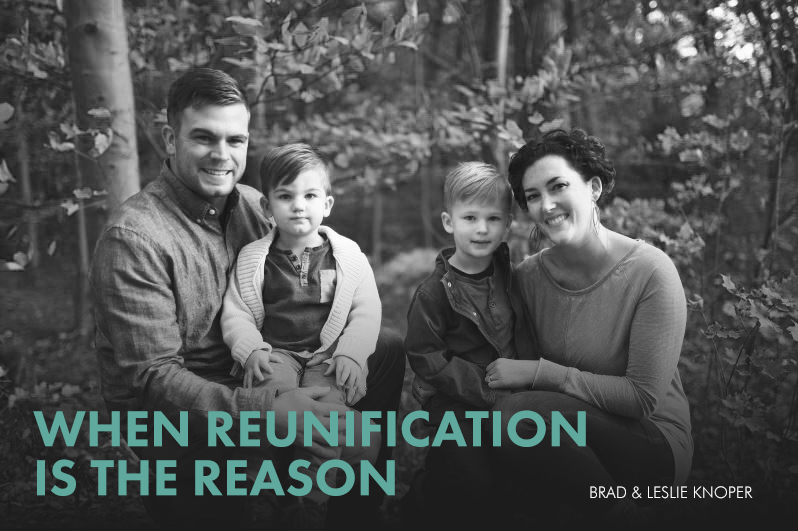-
The Wirgaus

Featured in our June edition of The Ottawa Advocate THE RIGHT THING. “Please, Mom. Please! Don’t do the right thing.” My son is nearly hysterical. “Just this time. Don’t do the right thing! You don’t always have to do the good thing every time!” He coughs out these words between red-faced cries. T-shirt wet with…
-
The Browers

Featured in our April edition of The Ottawa Advocate Braving the Hard Road. Foster families rarely follow a straight path. There are blind corners and speed bumps, twists and tangles. Half the time the headlights are out and radio is blaring. Oddly, the oncoming traffic seems not to be trying to avoid collision, but at times, forcefully crash. And once the destination has been reached, or at least the destination for…
-
The Parrotts

JUST CALL US NANA & PAPA THE PARROTTS Few people do foster care like Jan and Keith Parrott. The couple has ridden this rollercoaster for 50 years now, and though they retired from fostering last fall, they’ve already reconsidered and plan to reopen their home to provide respite for other foster families entrenched…
-
The Knopers

Featured in our February Edition of The Ottawa Advocate When Reunification is the reason. When Brad and Leslie Knoper became foster parents through Arbor Circle four years ago, they had imagined the journey ahead would be a means to grow their family. Having witnessed their parents and other relatives tackle this extraordinary work,…